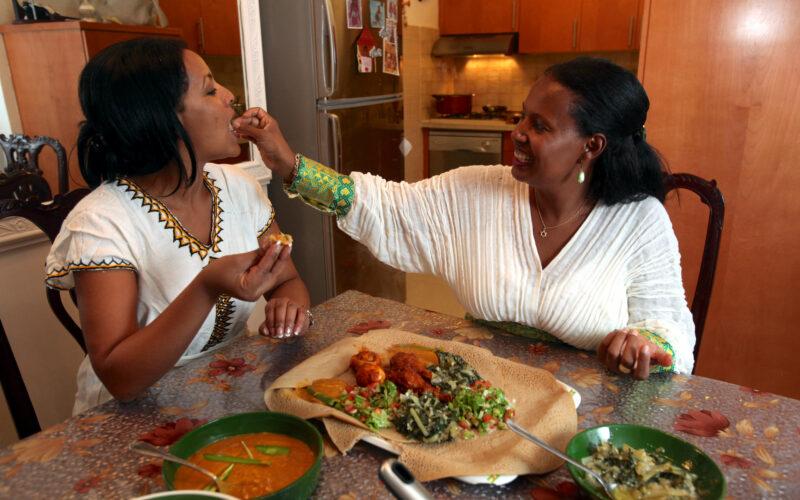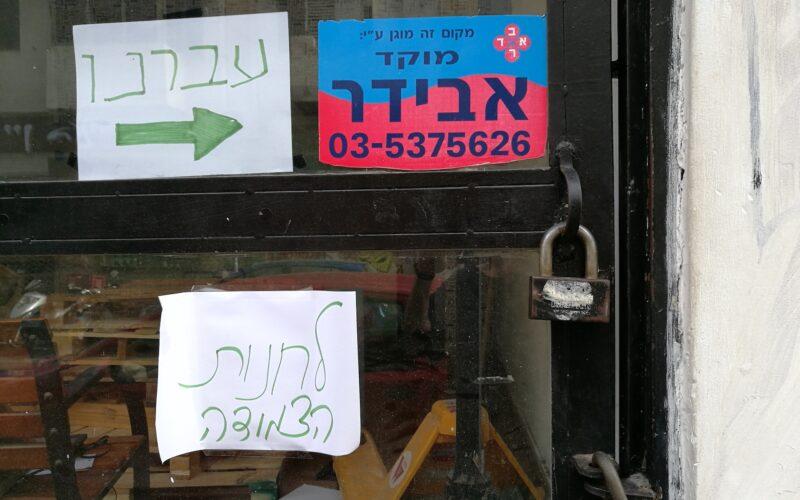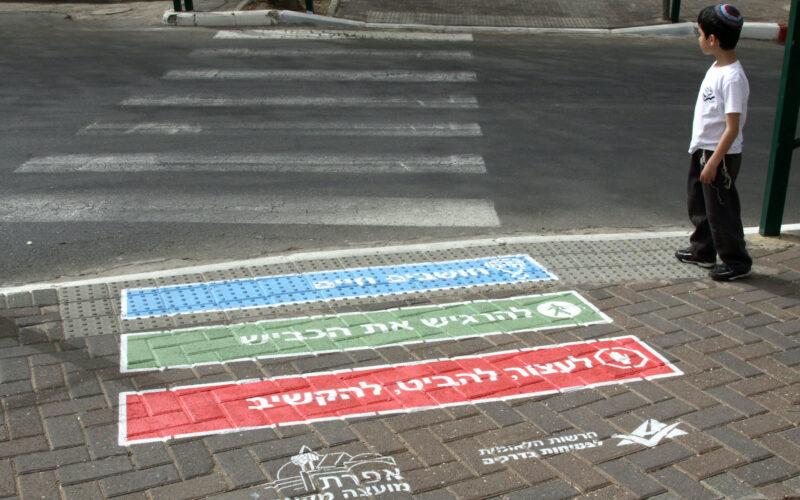I Am Sure You’ll Succeed
The word להצליח means to succeed, but there’s much more to it than just that. In past tense, we use הצליח to compliment a baker on their delicious cake, the owner of a well-behaved dog and even a parent whose child is a sweetheart
Read More









